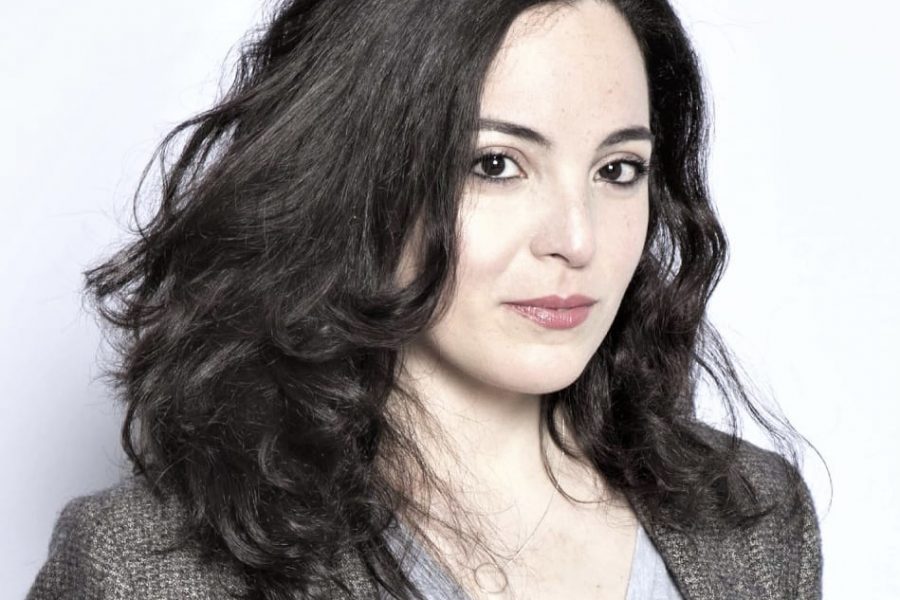
[REVIEW] A look back at the Webinar “Content Policy in the Age of Transparency”
25 February 2022
[ARTICLE] Rethinking Rights in Social Media Governance
2 March 2022by Florence G’sell
1/ Does Russia have the technical means to exercise complete sovereign power over its telecommunications network, and therefore to cut its internet off from the global internet, as China did with its firewall?
In the context of the ongoing war in Ukraine, some (for the moment) unverified information suggests that Russian internet operators are going to disconnect the Russian internet network from the global internet, saying that Western disinformation operations are putting the country’s security at risk.
To understand these claims, we have to take into account two main dimensions:
Regarding the aspect of technological infrastructure: Concretely, the government could “cut” the access to the global Internet at any time, justifying this with a national state of emergency. Technically, Russia can stop international traffic so that it is no longer routed to Russia. The Russian authorities would then be able to isolate Russian internet infrastructure and prevent the population from accessing Western networks. If the Kremlin ordered ISPs to do this, they would never refuse. This possibility has already been foreseen by the ‘Russian sovereign internet’ law that was passed in 2019. The idea was to build an autonomous internet network, from hardware infrastructure to software solutions, to ensure the continued functioning of Russian Internet resources (including cloud computing services) so that ISPs could operate a centralized traffic control in the event of…cyberwar.
Regarding Russia’s content policy: what is at stake here is isolating the Russian web platform called Runet. From this perspective, the Russian information ecosystem – its main social network (VKontakte), email services (mail.ru), and search engine (Yandex) – is already sovereign and autonomous from foreign tech providers. For instance, the Russian telecom regulator, Roskomnadzor, has recently ordered national media to remove some words and expressions from their content and has almost stopped access to Western social networks such as Twitter or Facebook. For example, this week it banned any mention of civilians killed by the Russian army in Ukraine, as well as the keywords “invasion”, “offensive” or “declaration of war” in Yandex search results.
To sum up, the goal here for the Russian government is to take control over the entire information ecosystem and associated value chain.
2/ Do we have enough information at the moment to think that Russia is isolating its cyberspace or that it is shortly going to isolate its cyberspace from the global space?
This is a serious possibility and there is a lot of information that is currently shared on social media pointing out this scenario. That said, up to now, we have no tangible proof that this kind of measures have been already taken or being prepared. Nevertheless, they are largely anticipated by tech and geopolitics experts if the conflict does not end in the near future. The isolation of the Russian cyberspace is made possible thanks to a voluntary technological policy that the Russian government has initiated from 2019 in order to take back control of their technological infrastructure. As a consequence, the protectionist approach of their tech sovereignty can have major consequences such as the fragmentation of the global Internet and in what we commonly call the rise of a “splinternet” framework. It would then imply the end of cyber neutrality. From this point of view, tech sovereignty without democracy is problematic.
3/ If this were to happen, what could be the consequences of this isolation for the Russians or the Westerners?
As explained above, Russia’s goal may consist in splitting its cyberspace from the global internet network. Through a bold sovereign tech policy and taking control of the whole information value chain (from infrastructure and hardware to social media), the main priority here is to keep a strong grip on Russian public opinion and muzzle political opponents. This is particularly important in the context of the current Ukrainian war, which does not seem to be widely acclaimed by civil society, coupled with a new kind of information warfare. Indeed, a high-intensity info-war is raging between the two blocs, Russia and the Western countries, through social media and the dissemination of various forms of disinformation. Russia seems to be setting up a “command and control” internet governance structure by “verticalizing” the production and distribution of targeted content and narratives towards the population.
The main consequence for the Russians will be isolation, with major difficulties in communicating or interacting with the rest of the world. That said, “difficulty” does not mean “impossibility”: cyberspace remains a networked space that is porous by nature.
The Western world would also have difficulties in obtaining trustworthy operational information from civil society. Moreover, this could be exacerbated by some possible Russian retaliatory measures, such as ejecting Western journalists and correspondents from Russia, following the European Commission’s decision to stop broadcasting Russia Today and Sputnik in Europe.
But in any case, as often seen in revolutionary contexts like the Arab Spring protests, civil society could find ways to develop innovative tools to bypass eventual internet censorship measures.
Asma Mhalla is an expert in Tech Policy. She teaches data economy at Sciences Po Paris and works with the European Research Executive Agency (European Commission) as an expert on content policy, disinformation regulation and social media governance. On an academic level, she works on the new emerging forms of power between structuring platforms (Big Tech) and States, and the associated democratic, regulatory and sovereignty issues. She also advises states and state-owned entities around the world on Tech strategy matters.

![[INTERVIEW] Is the Russian “splinternet” a possible scenario? 3 questions to Asma Mhalla Slide](http://www.sciencespo.fr/public/chaire-numerique/wp-content/plugins/revslider/public/assets/assets/dummy.png)
